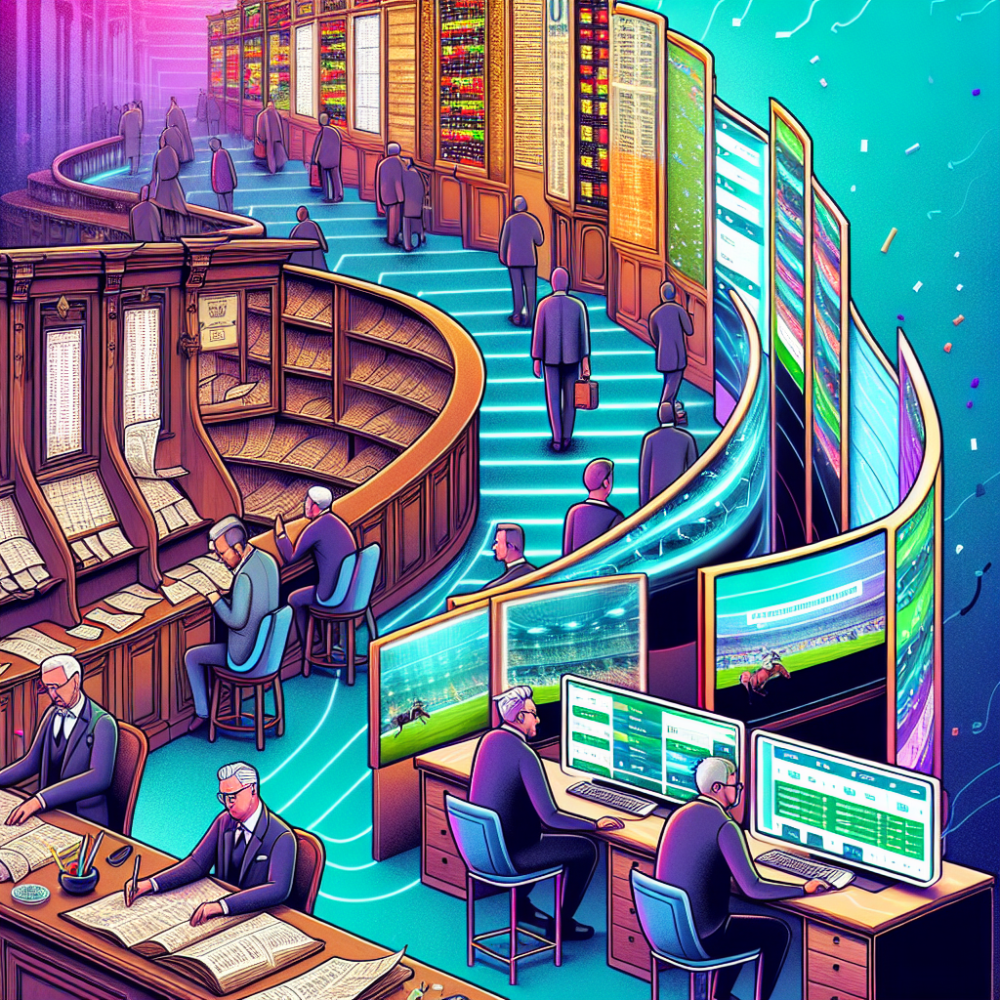The landscape of gambling has undergone significant transformations over the past few decades, primarily due to the rapid advancements in technology. From the neon lights of Vegas casinos to the seamless interfaces of mobile betting apps, the evolution is palpable and its impacts multifaceted. This blog post delves into how these technological changes have affected the dynamics of gambling, focusing on accessibility, game development, security, and the socio-economic implications.
Increased Accessibility
One of the most noticeable effects of technology on gambling is the increased accessibility it provides. Online platforms and mobile gambling apps have made it possible for users to place bets from anywhere at any time. This convenience has opened up the gambling market to a wider audience, including those who previously may not have participated due to geographical or physical limitations. However, this ease of access also raises concerns regarding responsible gambling. The ability to gamble anonymously and without time constraints can potentially increase the risk of gambling addiction.
Advancements in Game Development
Technological innovations have not only expanded access but have also revolutionized the types of games available and the way they are played. The integration of high-quality graphics, immersive sound effects, and virtual reality has transformed traditional games into more engaging and interactive experiences. Furthermore, the advent of blockchain technology has introduced concepts like provably fair gaming, where the algorithm ensures that neither the house nor the player knows the outcome of a game beforehand, thus making the games more transparent and trustable.
Enhanced Security Measures
With the shift towards online platforms, ensuring the security of online gambling sites has become paramount. Technological advancements have led to the development of more sophisticated encryption technologies to protect personal and financial information. Additionally, machine learning and artificial intelligence are being employed to detect unusual betting patterns or behaviors that could indicate fraudulent activity or gambling problems. These technologies help in maintaining the integrity of gambling operations and safeguarding users against potential threats.
Socio-Economic Implications
The impact of technology on gambling extends beyond the individual player or platform, influencing broader economic and social landscapes. On one hand, the proliferation of online gambling can generate significant revenue and create jobs, contributing positively to economies. On the other hand, it can also lead to increased gambling addiction rates, which may result in considerable economic costs related to healthcare and social services.
Moreover, the regulatory challenges posed by online gambling are significant. The global nature of the internet complicates the enforcement of local gambling laws and raises questions about jurisdiction and international legal frameworks. As such, there is a continuous need for updated regulations that can keep pace with technological advancements in the gambling industry.
Conclusion
The impact of technological advancements on gambling dynamics is profound and multi-dimensional. While these changes bring about enhanced experiences and possibilities, they also come with new challenges and risks. Balancing innovation with responsible gambling practices and robust regulatory frameworks will be crucial in ensuring that the benefits of technology in the gambling industry are maximized while minimizing its potential harms.
Navigating this evolving landscape requires continuous research, proactive policy-making, and an ongoing dialogue among stakeholders including regulators, gambling operators, technology providers, and the community. As technology continues to advance, so too must our approaches to managing and understanding its impact on the gambling world.




